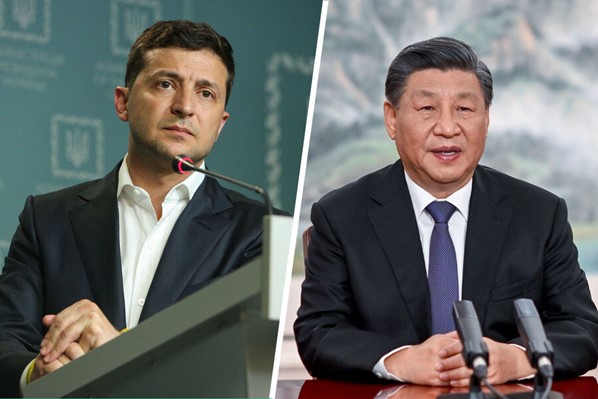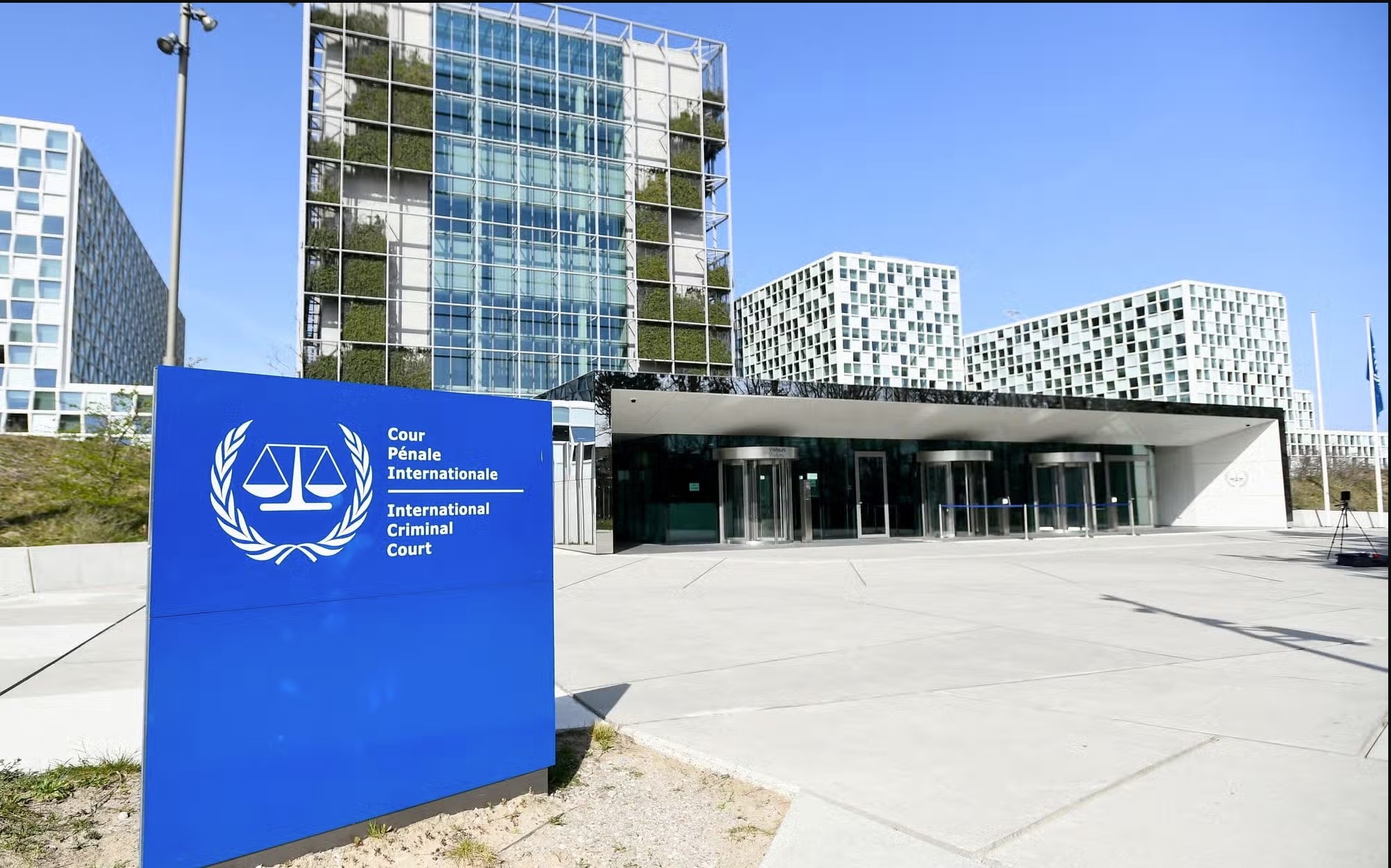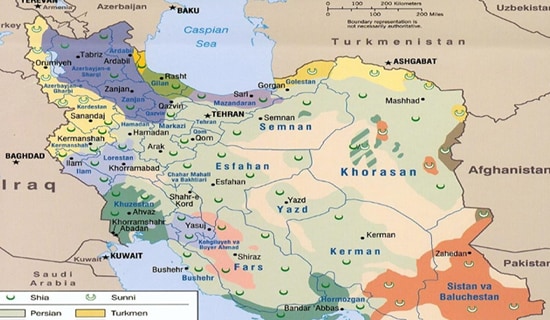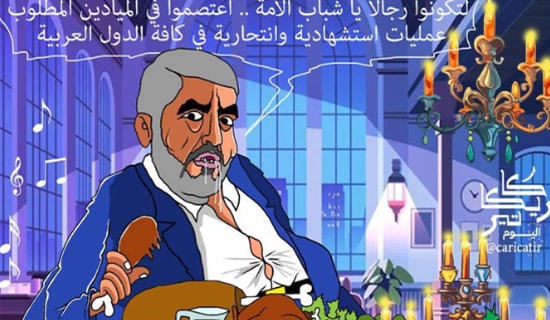The April 26, 2023 telephone conversation between Chinese President Xi Jinping and his Ukrainian counterpart Volodomyr Zelensky, with its implication that China would like to play the role of the intermediator between Russia and Ukraine, should have ostensibly rattled Russia. In the conversation that lasted an hour, Xi used the term "strategic partnership" to describe China's relationship with Ukraine.[1] China has refrained from using this phrase to describe its relations with Kyiv since the leadup to the invasion. Moscow is expecting that China's benevolent neutrality towards Russia, most obvious in commercial relations between the countries, along with a seeming convergence of views on opposing American hegemonism, will morph into overt military assistance. China assuming the role of mediator would foreclose on such possibilities.
Russian commentators were not about to endorse the explanations circulating in the West that the phone call was a corrective to the "personal remarks" by China's Ambassador to Paris Lu Shaye where he questioned the sovereignty of the former Soviet republics that had become independent upon the collapse of the USSR.[2] The comments by the ambassador had produced harsh criticism of China in the EU. Russia preferred to treat the Chinese diplomatic initiative with respect, comparing it favorably with America's destructive policy in Ukraine and elsewhere.
The present report describes the Russian reactions to the phone conversation between Xi Jinping and Volodomyr Zelensky.

Volodomyr Zelensky and Xi Jinping (Source: Gazeta.ru)
Ukrainian Obduracy Dooms Chinese Good Intentions
Russian foreign ministry spokesperson Maria Zakharova was sanguine about the chances of the conversation between Xi and Zelensky having any concrete results given Ukrainian and Western intransigence:
"We have noted Chinese efforts to initiate a negotiating process. We see general similarity between our principled approaches and the provisions of the policy document published by the Chinese Foreign Ministry on February 24, 2023.
"At the same time, we believe that the problem lies not in a shortage of good plans. So far, the Kyiv regime is openly rejecting any reasonable initiative to settle the Ukraine crisis through political and diplomatic approaches. Moreover, it links its possible consent to negotiations with ultimatums containing a priori unrealistic demands.
"Ukraine's authorities and their Western handlers have already shown their ability to delay any peace initiative. They openly admit that the Minsk agreements were needed only to gain time to build offensive potential. In the spring of 2022, Kyiv unexpectedly rejected the virtually completed peace agreements reached by the sides at Kyiv's request.
"Volodomyr Zelensky even signed legislation banning any talks with President of the Russian Federation Vladimir Putin. So, these Washington-controlled puppets can hardly adequately respond to any calls for peace."[3]
Putin's press secretary Dmitry Peskov noted that China was not going to endorse Ukraine's demands that Russia withdraw to the 2014 borders. He noted that Vladimir Putin and Chinese President Xi Jinping did not discuss Ukraine's return to the 1991 borders [after the collapse of the Soviet Union] during the Chinese leader's visit to Moscow.[4]
Russia was therefore satisfied when Mikhail Podolyak, one of Zelensky's top advisers, appeared to confirm its expectations. Podolyak effectively called upon China to choose sides and distance itself from Russia.
"For a year, China could not decide on a position, and now it has to make a choice: either it works within the framework defined by international law, and then displaces Russia in the full sense of the word, or China continues to stand aside – and then it will gradually lose its influence, including economic," Podolyak said. He added that it is important for the Ukrainian side that China does not help Russia economically, and "does not participate in the Russian military-industrial complex, does not act as a Russian information or diplomatic agent."[5]

Mikhail Podolyak (Source: Kommersant.ru)
This statement was met with ridicule in the Russian press.
Vladimir Bruter, an expert at the International Institute for Humanitarian and Political Studies, noted that Podolyak's statement exemplified the way Westerners communicate.
"This is an approach that assumes that every phrase should contain a sense of one's own superiority."[6]
Sinologist Yuri Tavrovsky, who heads the expert council of the Russian-Chinese Committee of Friendship, Peace, and Development was convinced that China would reject Podolyak's ultimatum.
"I think that Beijing will simply ignore it. They have such a formula, invented by Mao Zedong, consisting of two parts: in the first place, we reject, and in the second place, we scorn."[7]
Ukraine, perhaps realizing that it was playing into Russia's hands, began accentuating the positive. The Deputy Foreign Minister of Ukraine Andriy Melnyk called China's mediation in the settlement of the Russian-Ukrainian conflict "not unrealistic."
Although Melnik believes that China is pursuing its own interests, these interests still include "a fair, peaceful solution and a cessation of hostilities." At the same time, he emphasized the difference between Ukrainian and Chinese positions on achieving peace: for Kyiv, the withdrawal of Russian troops is a prerequisite.
Melnyk praised the recent telephone conversation between Ukrainian President Volodymyr Zelensky and Chinese President Xi Jinping as "a great opportunity, looking forward to strengthening our ties with China and stopping Russian aggression."
Zelensky's office added that the two leaders had found "common ground" between the Chinese and Ukrainian "peace plans."[8]
The Chinese Alternative As A Blow To The U.S.
Another position expressed by the Russian experts was to present the Chinese approach as an alternative to America's militaristic approach.
Alexander Lomanov, a senior researcher at the Institute of World Economy and International Relation, stated that China had made it very clear that talks are the only possible exit strategy for the crisis. China demonstrated its seriousness by promising to send a special government Eurasian affairs representative to visit Ukraine and other countries. This can be perceived as an attempt to step up mediation to build bridges between Kyiv and other parties to the conflict.
According to Lomanov, China has presented a "direct alternative" to Western policy, which relies on a military solution to the conflict, presumably with a Ukrainian victory as the endgame. China, on the other hand, had begun looking for a solution to the Ukrainian crisis through negotiations. The talk of a strategic partnership was an attempt to achieve credibility in Kyiv by depicting China as a long-standing and reliable partner of Ukraine, and as a country which possesses sufficient authority and influence to resolve the crisis.
Professor Alexei Maslov, Director of the Institute of African and Asian Studies at the Moscow State University, saw China as a fitting intermediary since it was a country that had not been involved in the conflict and had supplied neither party to the conflict with arms. Should China become the lead mediator, it would be a colossal blow to U.S. strategy, as the U.S. is not interested in the cessation of military hostilities. If, with Chinese help, the conflict is settled, it will benefit China on the Taiwanese front, because it will demonstrate that even the most complex conflict can be resolved through talks.
Maslov praised China's choice of the Russian speaking Li Hui as its mediator. Li had formerly served as ambassador to Russia, was quite familiar with both the Ukrainian and Russian contexts and understood the psychology of the Slavic peoples.[9]

Alexei Maslov (Source: Octagon.media)
Whether consciously or not, the Russian commentators were basically agreeing with an editorial in Global Times, a Chinese English-language journal that operates under the umbrella of the CCP newspaper People's Daily. In an editorial, the outlet differentiated the Chinese position from the American one: "Different from the 'duel' approach advocated by some in the U.S. and the West, China provides a different path full of Eastern wisdom. It sees the Ukraine crisis as a complex and difficult-to-untangle web, but not all of the knots are dead ones. It is possible to slowly untangle the knots one by one, and ultimately achieve a comprehensive 'escape' from the crisis. Gradually decomposing complex contradictions, patiently and steadily reaching the core of the problem requires enormous political wisdom, patience, and perseverance, but it is also the best solution that people can currently see. In fact, as time goes by, many countries, including Russia and Ukraine, as well as others in Europe, have gradually recognized or partially accepted China's proposed solution. There is also an increasing number of voices within the U.S. that are saying, 'The world should listen to China's voice.'[10]
Political Analyst Svetov: China Is Insurance For Ukraine In Case Biden Is Defeated
In an interview with Vechernyaya Moskva daily, political analyst Yury Svetov argued that for Kyiv, any support from Beijing is an opportunity to create an alternative source of assistance in case Joe Biden and his supporters are defeated at the U.S. presidential election.
According to Svetov, China can play an effective mediating role in the settlement of the Ukrainian conflict as Chinese diplomats can build on their experience in engineering the Saudi-Iranian reconciliation.
"Essentially, China has achieved something that neither Europe nor the U.S. have been able to do before," noted Svetov, "... the difference is that there was no military conflict between the Iranians and the Saudis, whereas one exists between Russia and Ukraine."
The negative Western reaction to Beijing's peace initiative on Ukraine is largely attributable to China's refusal to condemn the Special Military Operation, which translates into tactical support for Russia. Furthermore, Beijing is in a confrontation with the U.S., Kyiv's main ally.
However, this did not deter Zelensky from trying to establish a dialogue with his Chinese counterpart.
"Provided military operations will continue until the presidential elections in the U.S. (scheduled for 5 November 2024) and Biden loses them, then Zelensky will have to 'say goodbye' to support from Washington. Consequently, he is preparing a new humanitarian foothold on the Asian front in the form of the PRC."[11]

Yuri Svetov (Source: Smotrim.ru)
[1] Ng.ru, April 27, 2023.
[2] See MEMRI Special Dispatch No. 10587, Russian Commentators Don't Believe The Official Chinese Explanation That China's Ambassadors Are Merely Making Personal Remarks In Discussing War In Ukraine, May 1, 2023.
[3] Mid.ru, April 26, 2023.
[4] Interfax.ru, April 27, 2023.
[5] Ria.ru, April 28, 2023
[6] Ria.ru, April 28, 2023.
[7] Ura.ru, April 29, 2023
[8] Kommersant.ru, April 30, 2023
[9] Vedemosti.ru, April 27, 2023.
[10] Globaltimes.cn, April 27, 2023.
[11] Vm.ru, April 27, 2023.








